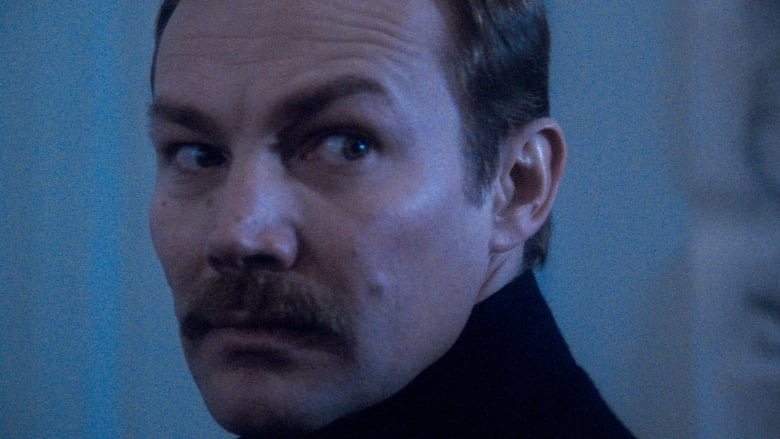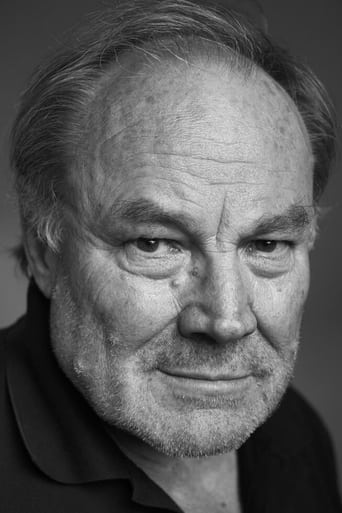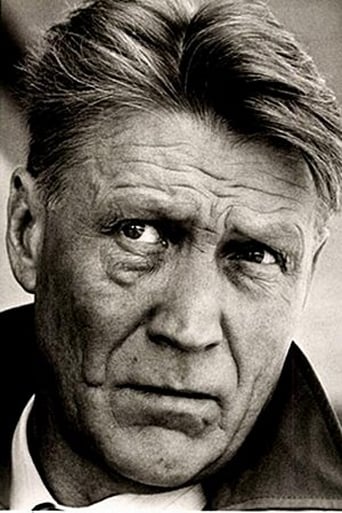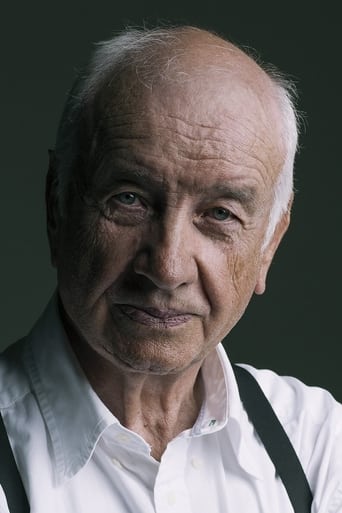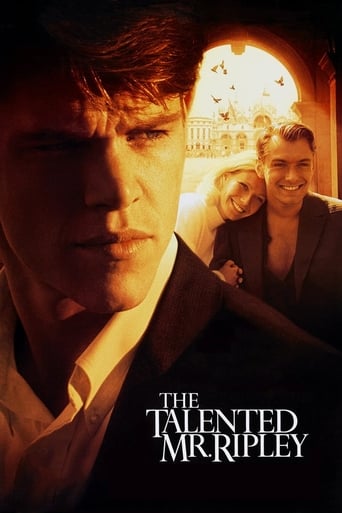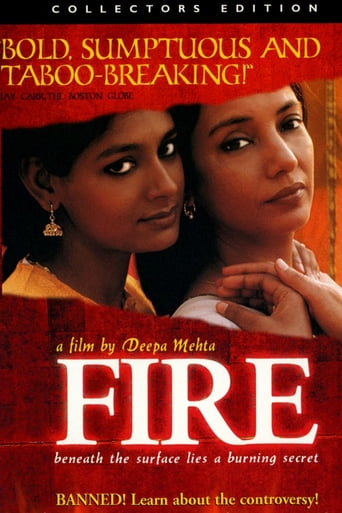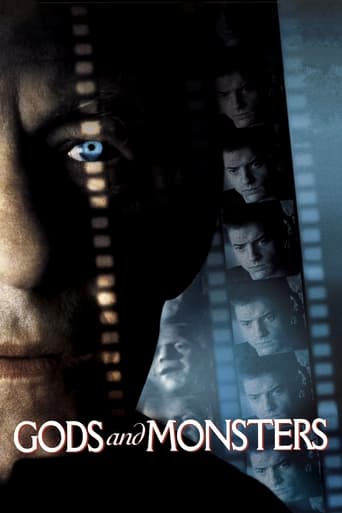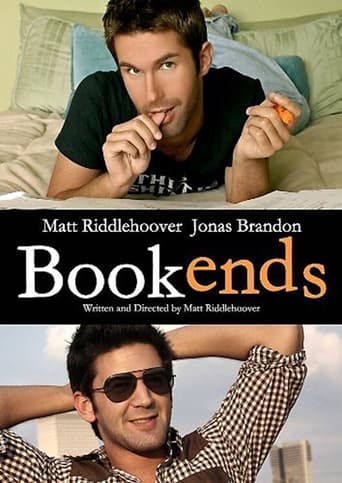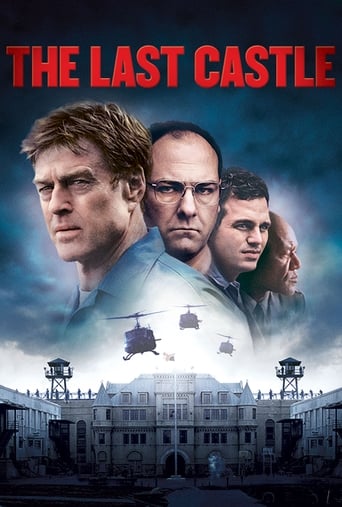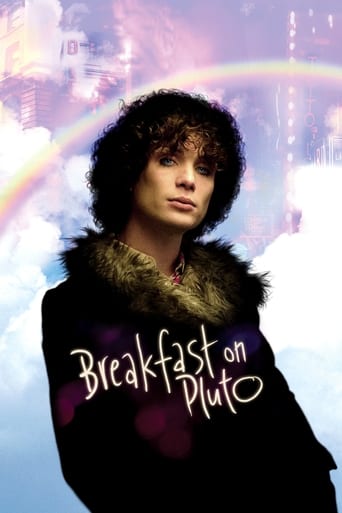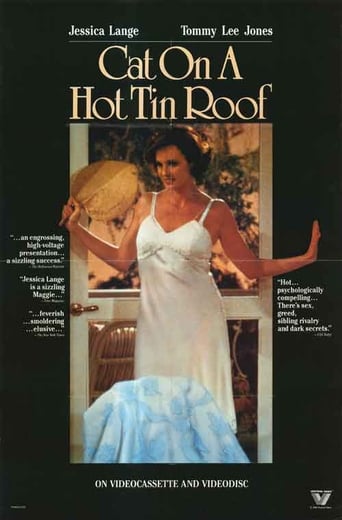Colonel Redl (1985)
Set during the fading glory of the Austro-Hungarian empire, the film tells of the rise and fall of Alfred Redl, an ambitious young officer who proceeds up the ladder to become head of the Secret Police only to become ensnared in political deception.
Watch Trailer
Cast


Similar titles
Reviews
People are voting emotionally.
It is neither dumb nor smart enough to be fun, and spends way too much time with its boring human characters.
It's funny, it's tense, it features two great performances from two actors and the director expertly creates a web of odd tension where you actually don't know what is happening for the majority of the run time.
It's the kind of movie you'll want to see a second time with someone who hasn't seen it yet, to remember what it was like to watch it for the first time.
I really enjoyed this film! They are so fantastic in describing how Austria-Hungary went from high to low in a short period of time. As a matter of fact when I move around territories which used to be part of Austria-Hungary that country was more successful country then are the countries that exist on its territory save may be Austria today.The plot is great, shots of fantastic vistas of the former Empire and acting is excellent, especially EMB.If you are history student of Austria-Hungary period this is a definitely film for you.If you are from Austria or Hungary or other countries that inherited territories of the former Monarchy, you have to see this film, it is a part of your history.
"Colonel Redl" is based on a famous scandal that took place in the last years of the Austro-Hungarian empire, and its greatest strength is in how it evokes the masculine militarism of the era. It follows the life of Alfred Redl (Klaus Maria Brandauer), who rose from humble origins to become a spymaster for Crown Prince Franz Ferdinand, but struggled to repress his homosexuality and eventually betrayed his country.The movie makes Redl less treasonous than he seems to have been in reality, and Brandauer's performance keeps him sympathetic, too. We see how Redl's extreme loyalty to the army destroys his humanity and fills him with self-loathing; thus, when he finally stops lying to himself, it comes as a relief (even though this now means that he is lying to everybody else)."Colonel Redl" is probably too long (2 hours 20 minutes) for the story it wants to tell, and yet it still sometimes glosses over its characters' motivations. For instance, Redl claims he has no interest in marrying, then the very next scene depicts his wedding; and his wife never gets sufficiently characterized. Sometimes the scene transitions are subtly clever; other times they are abrupt and choppy."Colonel Redl" is thus neither accurate history nor fully engaging drama, but it is a good portrait of the declining Austro-Hungarian empire. It shows many of the factors that led to World War I: pervasive ethnic tensions, the belief that war was necessary and proper, and a military command more concerned with preserving archaic ideals than with investigating actual, pressing threats. In the end, they paid for this, when discontented Serbians assassinated Franz Ferdinand and started World War I--the war that caused the world of "Colonel Redl" to disappear for good.
The film traces the military and romantic careers of Colonel Alfred Redl from his humble beginnings, through a military academy, into the Austro-Hungarian army, to the guileful environment of high political intrigue, to his ultimate altruistic suicide in 1913. It's supposedly based on a true story but since so little seems to be known about the true story, the epistemology of the plot is questionable. Nobody really knows what happened.Brandauer delivers a remarkable performance, displaying great range, especially for a man with a face of such ordinariness. He looks like a guy who should be managing the produce section of a supermarket. Yet for all the talent of Brandauer and director Szabo, we don't get to know too much about what's going on inside Colonel Redl's head. The role doesn't give him a chance to pour out his soul to anyone, and, indeed, it's improbably that the real Redl would have done any such thing. His marriage, to a good-looking babe who loved him, was a matter of convenience. His friendships with his colleagues was constrained out of necessity because of Redl's latent homosexuality and because, after all, real men don't talk about their feelings -- they blow their brains out, but they don't talk about their feelings. Example: How does Redl feel about his early youth in the provinces? Well, while passing through his home town, he instructs the driver to pass the old house in which he spent his childhood, and he rubs a vacancy in the frosted window so that he can stare at it without expression for about five seconds. What's going on? What wheels and gears are turning in his memory, if any? It's anyone's guess.Nice score. Nice period decor and wardrobe. Nice performances from the other players, especially Armin Mueller-Stahl as ruthless Archduke Franz Ferdinand. He has such handsomely clear blue eyes, and he's soft spoken, reasonable, and as treacherous as a rattlesnake. Not that it does him much good, if you remember what started World War I. Elegant music -- Strauss and Chopin. Great marches, full of traps and whistling piccolos and irony. Makes you want to become an officer in the army in 1913 so you can shoot yourself.The film is paced kind of slowly and the intrigue is never overstated, so a certain amount of patience and attention is required. If anyone has a mind adjusted to the lightning-fast editing of a modern action movie, he's unlikely to find this film satisfying. The rest of us will find it interesting and, in the end, rather tragic.
Brandauer again shows why reviews of his work often include the word 'magnetic' - You just don't take your eyes off him. His range is remarkable, his control of the minutest gesture superb, the subtlety of his physical screen presence majestic.Szabo's direction is again precise but not heavy handed. If this doesn't have quite the sweep or sting in the tail of their previous collaboration, Mephisto, it is still one of the finest European films of its time.The story is superbly crafted; to leave Muller-Stahl's Archduke Franz Ferdinand out until the last hour or so is an outstanding narrative technique, and if Muller-Stahl's performance is a trifle one-note, that's as much due to narrative constraint as actor ability - he's still pretty effective, and its one of his best roles.Szabo has an ability to investigate history in a curiously personal and touching sense of the individual, but leaving that individual dispassionately, and gazing at him objectively; thus what comes across is a really detailed and involving character struggling against an incredible force of inevitability. Like Visconti, broad strokes, but painted in the minutest of details - only unlike Visconti, full blooded and direct.It's at times witty, literate and touching, but always beautiful.


